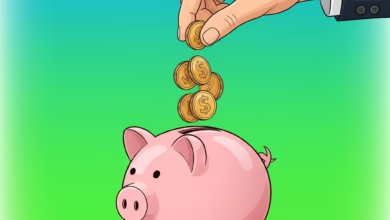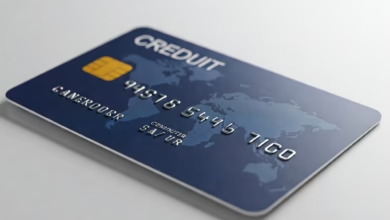
When unexpected expenses arise, the need for quick cash can feel overwhelming. Payday loans often present themselves as a fast solution, offering short-term funds until your next paycheck. However, it’s crucial to understand the intricacies of what a payday loan is, its potential pros and cons, and, most importantly, explore safer alternatives to avoid falling into a cycle of debt. This guide will break down the essentials of payday loans and highlight better options for your financial well-being.
Defining a Payday Loan: Fast Cash at a Steep Price

A payday loan is a short-term, high-interest loan, typically for a small amount of money (usually a few hundred dollars), that is intended to be repaid on the borrower’s next payday. These loans are often marketed as a convenient solution for unexpected bills or cash shortages. Borrowers typically write a post-dated check for the loan amount plus fees, or they provide the lender with electronic access to their bank account to debit the repayment on their next payday.
The Allure of Payday Loans: Perceived Benefits
Despite their high cost, payday loans can seem appealing in certain situations:
- Speed and Convenience: Payday loans often offer quick approval and funding, sometimes within the same day. The application process is usually simple and requires minimal paperwork.
- Accessibility for Those with Poor Credit: Individuals with low credit scores or limited credit history may find it easier to qualify for a payday loan compared to traditional bank loans or credit union options.
- Short-Term Solution for Immediate Needs: For someone facing a genuine, short-term financial emergency, a payday loan might seem like a way to bridge the gap until their next paycheck.
The Harsh Reality: Significant Drawbacks of Payday Loans

While they offer quick access to cash, the disadvantages of payday loans often outweigh the perceived benefits:
- Extremely High Interest Rates and Fees: Payday loans come with exorbitant interest rates and fees, often expressed as a finance charge per $100 borrowed. These fees can translate to annual percentage rates (APRs) in triple digits, far higher than those of credit cards or other types of loans.
- Short Repayment Terms: The loan is typically due in full on your next payday, which can be difficult for borrowers who are already struggling financially.
- Cycle of Debt: The high cost and short repayment terms can trap borrowers in a cycle of debt. Many borrowers find themselves unable to repay the loan in full and are forced to roll it over or take out a new loan, incurring even more fees and interest.
- Negative Impact on Credit Score: If you fail to repay a payday loan, it can negatively impact your credit score, making it harder to obtain credit in the future.
- Aggressive Collection Practices: Some payday lenders may engage in aggressive or unfair collection practices if you default on the loan.
Safer Alternatives to Payday Loans: Better Options for Financial Relief
Before considering a payday loan, explore these safer and more affordable alternatives:
- Personal Loans from Banks or Credit Unions: These loans typically have much lower interest rates and longer repayment terms than payday loans. Credit unions may offer even more favorable terms to their members.
- Credit Card Cash Advances: While cash advances also come with fees and interest, the APR is usually significantly lower than that of a payday loan. However, be mindful of the interest that accrues immediately.
- Paycheck Advance Apps: Several apps allow you to access a portion of your earned wages before your actual payday, often with lower fees or no interest. Examples include Earnin, Dave, and Brigit.
- Negotiate with Creditors or Utility Providers: If you’re struggling to pay bills, try contacting your creditors or utility companies to see if they can offer a payment plan or a temporary deferral.
- Emergency Savings Fund: If possible, build an emergency savings fund to cover unexpected expenses, reducing the need to rely on high-cost loans.
- Borrow from Friends or Family: If appropriate, consider asking a trusted friend or family member for a short-term loan. Be sure to establish clear repayment terms.
- Seek Assistance from Local Charities or Non-Profits: Many communities have charitable organizations or non-profit agencies that can provide financial assistance for essential needs.
- Explore Government Assistance Programs: Depending on your circumstances, you may be eligible for government assistance programs that1 can provide temporary financial relief.
Making Informed Financial Decisions: Avoiding the Payday Loan Trap

Understanding what a payday loan is and its significant drawbacks is the first step towards making informed financial decisions. While the allure of quick cash might be strong, the long-term consequences of high-interest debt can be detrimental to your financial health. By exploring safer alternatives and planning for unexpected expenses, you can avoid the payday loan trap and work towards a more secure financial future.





